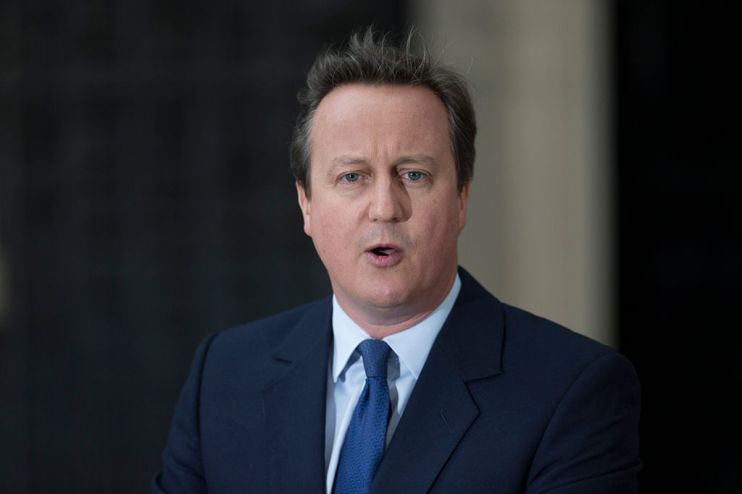No, minister, really: the David Cameron lobbying scandal and the death of advice in Whitehall

The revelations of potentially undue influence on ministers over the past couple of weeks have been a happy hunting ground for purveyors of hyperbole and clutchers of pearls. A story which began with David Cameron texting the chancellor, Rishi Sunak, on behalf of a company which employed him has blossomed ferociously into a soup-to-nuts scandal of private companies paying civil servants and perhaps having favourable access to decision-makers.
There are legitimate questions to be asked about the authority of Advisory Committee on Business Appointments (ACOBA), the appointments watchdog, and civil servants who have blurred the line between the public and private sectors in a way which is wholly unacceptable.
ACOBA’s job is to consider the transition of ministers and officials into the private sector. Although it is only an advisory committee, its word ought to carry very considerable weight, and to disregard its views should be an extraordinary thing. The seed of the solution of the lobbying scandal is more subtle than arming the watchdog with more powers.
Ministers, taking their lead from Downing Street, seem to have settled into the comfortable mindset that advice from officials is just one point of view, and can be discarded in favour of their own. But official advice is the culmination of a process of analysis, risk assessment and calculation of legal jeopardy: such advice to a minister does not tend to open with the words “What I reckon is…”
One of the latest in a string of examples of this was the independent investigation from Sir Alex Allan into the conduct of Priti Patel as home secretary. Sir Alex advised the prime minister that Ms Patel had indeed broken the code, but the prime minister decided not to act on that advice, and let the matter drop, barely giving Ms Patel a slap on the wrist. That was so monumental decision that the adviser resigned in protest; the position remains unfilled, nearly six months later.
Another flashpoint was housing secretary Robert Jenrick’s decision to allow a planning application for a £1bn apartment development by Richard Desmond, after sitting at a Conservative party fundraising dinner with him. The application had previously been rejected by officials before Desmond showed Jenrick a promotional video for the site at the dinner.
Let us not imagine that civil servants, especially those at the top of their game, are supine or malleable figures. Allan had previously been chairman of the Joint Intelligence Committee and before that high commissioner to Australia; the cabinet secretary, the prime minister’s ultimate confidant on all such matters, is not a delicate flower scared to say the wrong thing. Advice is being given, and it is being ignored.
There is a culture where ministers feel it is acceptable to interfere unnecessarily in decisions which are better settled by Whitehall. It also means that even if ACOBA is given more teeth, its advice is liable to being ignored.
So, why do ministers treat advice so lightly? Many of them, no doubt, perceive a lingering Remain bias in the civil service and are unwilling to toe the line chalked out by lazy, Europhiliac bureaucrats. Moreover we live in a world of bargain-basement iconoclasts who believe that doing the opposite of what ‘experts’ advise you constitutes a free-thinking and daring personality, setting your face boldly against ‘received wisdom’.
There is a desperate need for both sides of the table to grow up. If you are a politician being given official civil service advice based on precedent and rules of conduct and propriety, you have a certain obligation to weigh that advice carefully. It is not simply an option to be skimmed and thrown away.
Running Whitehall is a serious business. You need competence but also the appearance of competence and fairness, and that is dwindling as we lurch into this decade. Engaging with the commercial world from the rarified atmosphere of Whitehall is a very necessary step, and the Covid vaccine programme headed by Kate Bingham is a perfect example of how it can work to great effect.
The rules, however, cannot simply be thrown away or discarded because they no longer suit. Rules exist precisely to get in the way, to stop a free-for-all and to make sure that decisions are taken carefully and soberly. That is not currently being done, and, while it may all seem like a blessed relief from the constraints of pettifogging bureaucracy, regulations protect the common weal from being cheapened, debased and bought. If we sell everything for a price, we end up with a value on nothing. Make sure that rules impress on ministers the gravity of these judgement calls, and make sure they are upheld.